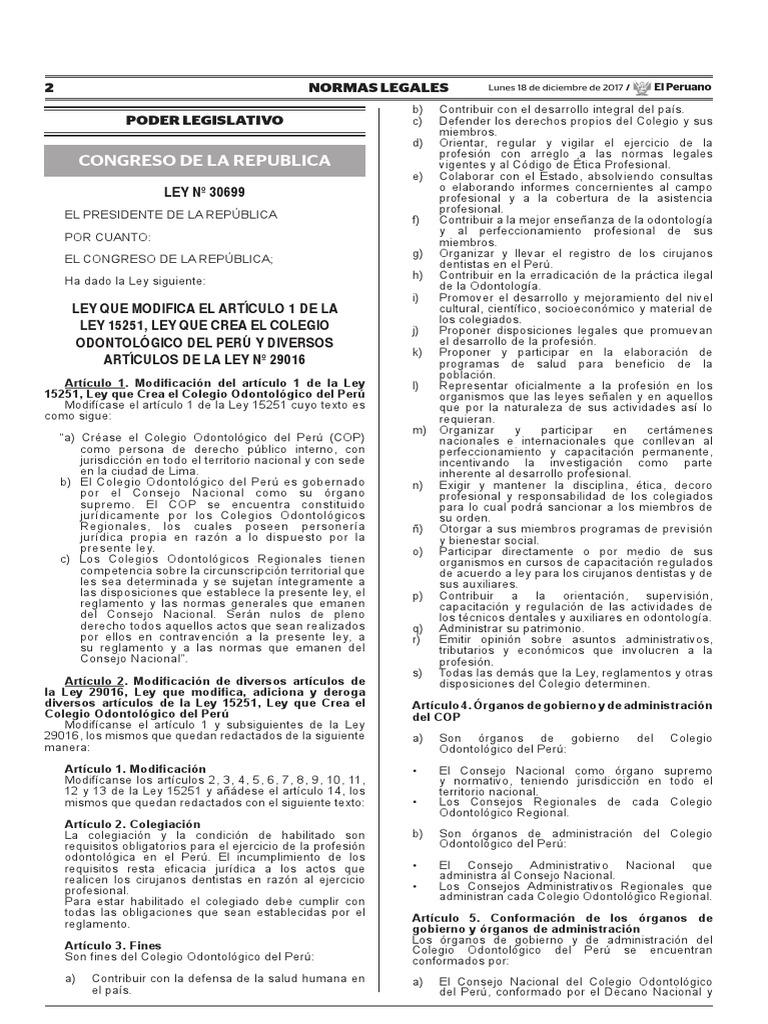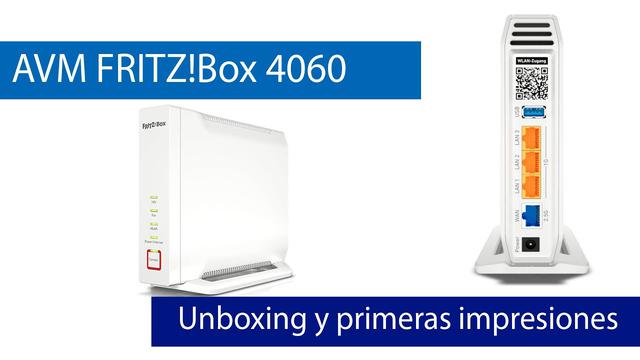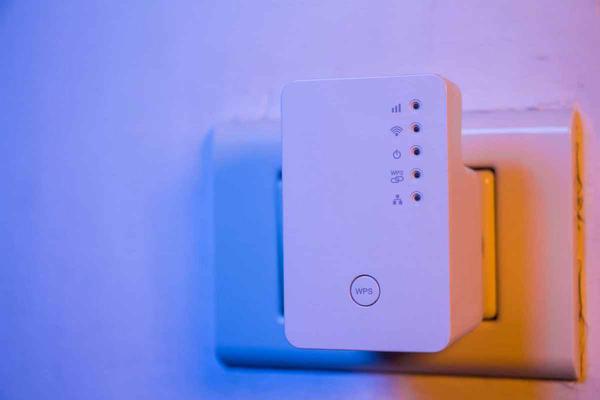Europeans, more concerned about Internet security than ever.
More than half of citizens are unaware of the most common attacks that their mobile devices can suffer. The privacy of clinical information faces the need to know if the worker is vaccinated for a gradual return to the office.
Madrid, October 26, 2021 – Unisys has released the 15th annual edition of its Security Index, which shows how citizens around the world are more concerned today than in the last fifteen years. The greatest concern they show is related to Internet security (in which computer viruses or information theft are included). Concerns about financial security have also grown in the latest wave.
More specifically, identity fraud (which worries half of Europeans), credit card fraud (which affects 47% of respondents) or a virus entering a personal device ( that worries 46%) are the biggest concerns of European citizens right now. National security, for its part, worries four out of ten Europeans, the same figure that shows fear of a possible natural disaster or problems in electronic commerce. Those who are afraid of not making ends meet are 35% and those who are worried about their personal safety only reach 34%.
The Unisys Security Index is the industry's oldest global consumer concerns report. In the 15th edition, Unisys consulted in July 2021 11,000 citizens from all over the planet -more than 5,000 Europeans- about concerns related to national, personal, financial and Internet security, which it then places on a scale from 0 to 300, where 300 is a maximum level of concern. In the 2021 edition, the index stands at 162.
According to the Unisys study data, European citizens are more optimistic about their security than Americans, but concerns about Internet security have risen in all countries. Precisely when it comes to Internet security, most Europeans admit, despite their concerns, that they are unaware of the most basic threats, which puts not only their personal information at risk but also that of their workplaces, especially in hybrid or teleworking work environments.

For example, more than half of Europeans (56%) show significant ignorance about some of the techniques most used by criminals, such as phishing via SMS (requesting personal or financial information via SMS). of text); Similarly, four out of five Europeans (82%) do not know what SIM jacking is (when the cybercriminal controls the SIM card of the mobile phone that has been the victim of the attack from their own). In addition, three quarters of those surveyed (78%) would not know what to do or how to report such an attack.
Clash between privacy of medical records and COVID-19.
The Index also shows a growing tension over data privacy. Now that European workers are returning to normality in the workplace, few Europeans accept that their companies monitor their digital activity. Only a third accept that connection times are monitored and one in five prefer that response times not be monitored, even if it is to resolve a computer incident. Seven out of eight Europeans are not comfortable with the use of biometric elements, such as facial recognition, when using computers remotely
There is also controversy about the possibility that the company can know whether or not workers have been vaccinated against COVID-19. The levels of agreement on this aspect vary between countries, so the measures to encourage a return to the office and their impact on business are different by country and not only affect the decisions of governments regarding the use of vaccination passports. For example, in Germany, 39% of those surveyed place the priority on privacy and 38% on the traceability of vaccinated employees.
“The lines that separate security at home and in the workplace are increasingly blurred, so companies have to be aware that to protect professionals they must go a step beyond security and incorporate home devices,” says Salvatore Sinno, director of cybersecurity innovation at Unisys. “The hybrid world we live in today means that users are looking for the same experiences at home and at work, and this means that many workers will be tempted to use applications and programs that are useful to them in their day-to-day work. at home, moving from the old BYOD –bring your own device- to BYOA –bring your own applications- and I would add 'and all the risks that this entails for the company'. In other words, the security paradigm in the company has changed and organizations must be more prepared than ever to mitigate the growing threats”.
About UnisysUnisys is a technology company that provides solutions to the challenges facing commercial businesses, financial institutions, and public institutions around the world today. Unisys' offerings include digital services for the workplace, cloud infrastructure and services, enterprise computing software environments, business process solutions, and cybersecurity services. For more information about solutions and clients, you can visit the website www.unisys.es.








